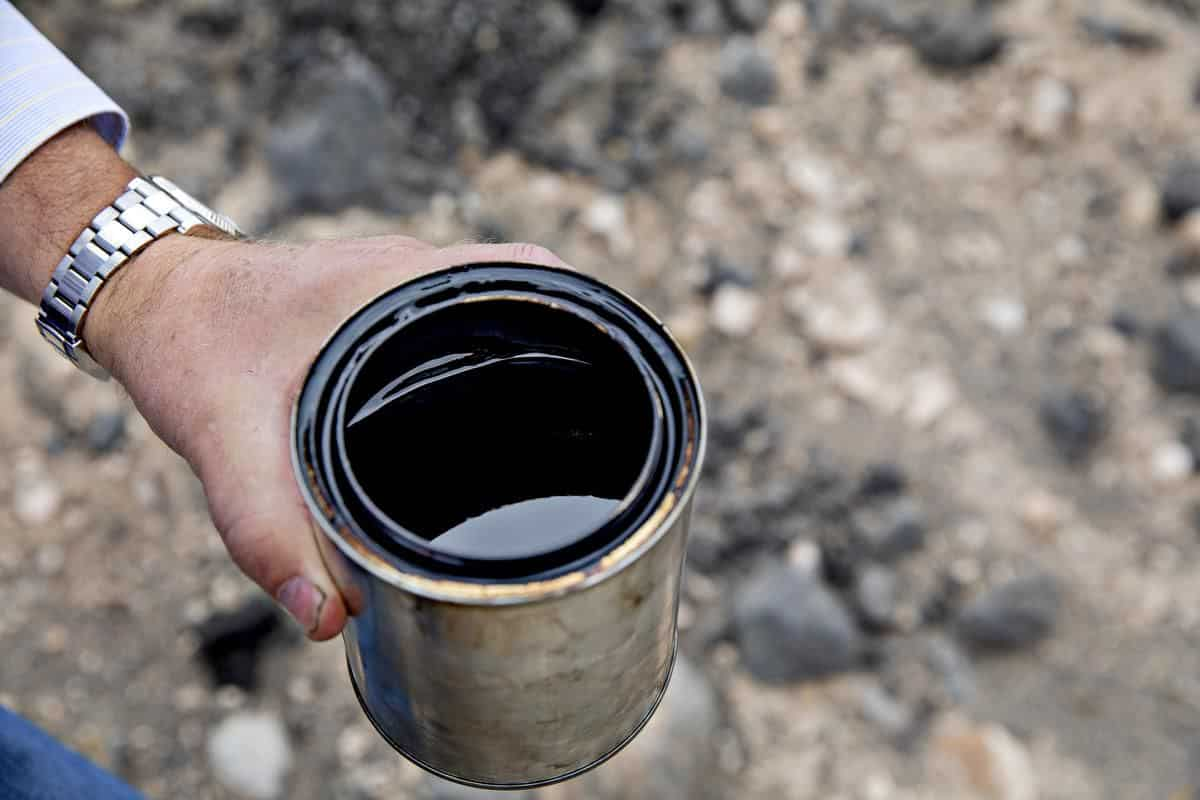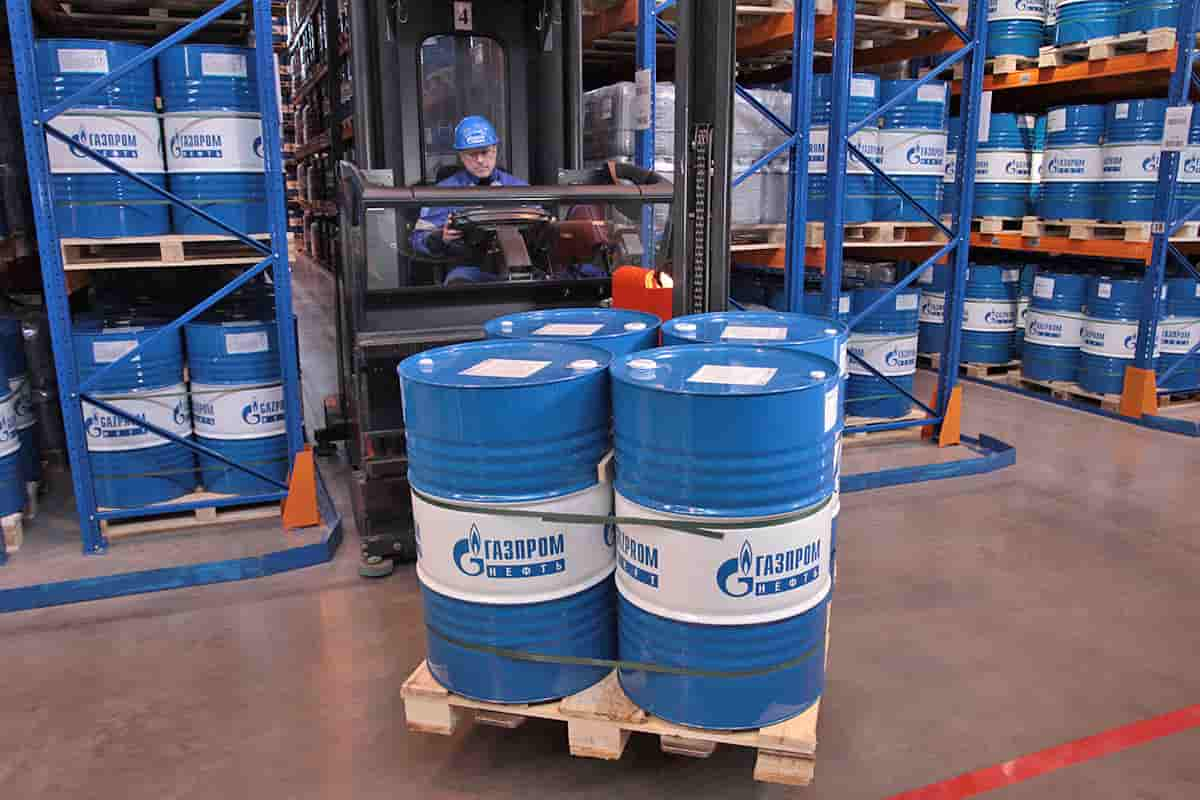Unique properties of bitumen in different industries
The distillation of crude oil during the process of refining petroleum results in the production of a unique engineering material known as bitumen, which can take on a wide variety of shapes and properties and be used in different industries.
bitumen properties and uses
Bitumen can take the form of black, viscous liquids or semisolids; it does not evaporate at room temperature, but it does progressively become more pliable when heated. Bitumen is more generally referred to as "asphalt cement" or "asphalt binder" in the United States of America.
The substance that is used to pave roads is called "asphalt," and it consists of a mixture of small stones, sand, filler, and bitumen (at least 5 percent of the total weight).
When bitumen and goods containing bitumen are heated, they release a complex mixture of aerosols, vapors, and gases that are referred to as bitumen emissions.
Even while the phrase "bitumen fume" is frequently used to refer to overall emissions, the term "bitumen fume" actually only refers to the aerosolized portion of total emissions (i.e., solid particulate matter, condensed vapor, and liquid bitumen droplets).
In light of this, the phrase "bitumen emissions" is the one that is most suitable to use when referring to the overall amount of bitumen in the air.
Either directly through the process of refining or indirectly through the process of blending, different grade specifications of bitumen based on physical properties can be achieved for specific applications.
For instance, the fundamental product is typically known as "straight-run" bitumen and is typically utilized in applications relating to the paving of roads.
This fundamental product can be subjected to additional processing by passing air through it while it is heated to a higher temperature in order to generate "oxidized bitumen," a substance that is frequently utilized in roofing applications.
Despite the fact that these are the two products that find the most widespread application in industry, there are actually four other classes that are manufactured in order to obtain particular physical features by modifying the production process.
It is important to differentiate between bitumen and other compounds obtained from coal, such as coal tars and coal-tar pitches because bitumen is an entirely unique material.
Bitumen is obtained from petroleum, whereas coal-tar products are by-products of the manufacture of gas and coke and are obtained from the high-temperature carbonization of bituminous coals at temperatures greater than 1000 degrees Celsius.

bitumen properties and tests
When compared to bitumen, products made from coal tar have much greater amounts of polycyclic aromatic hydrocarbons (PAHs), notably in the range of three to seven rings in size
Bitumen, on the other hand, has a greater concentration of paraffinic and naphthenic hydrocarbons as well as their derivatives. Due to the enormous size and viscosity of these hydrocarbons, bitumen has a restricted ability to dissolve other substances.
Similarly, bitumen shouldn't be confused with petroleum pitch, which is the strongly fragrant residue produced by thermal cracking (i.e., excessive heat treatment) of specified petroleum fractions.
Pitch derived from petroleum has very distinct physical and chemical characteristics, which set it apart from refined bitumen in terms of its composition.
Petroleum pitches are primarily employed as binders in the production of metallurgical electrodes. Despite the fact that the name "petroleum pitch" is not consistently utilized (this term is used to describe various materials in different fields), the use of petroleum pitches is not inconsistent.
A complex mixture of aliphatic molecules, cyclic alkanes, aromatic hydrocarbons, PAHs, and heterocyclic compounds including nitrogen, oxygen, and sulfur atoms, as well as metals, can be found in bitumen (e.g., iron, nickel, and vanadium).
On the other hand, the majority of the analytical data that are now accessible are centered on the characterization of PAHs. According to the results of elemental studies, the majority of bitumen is composed mostly of hydrocarbons, with carbon accounting for 79–88% of the total, hydrogen for 7–13%, Sulphur for traces up to 8%, oxygen for 2–8%, nitrogen for 3%, and trace amounts of the metals vanadium and nickel.
The specific chemical makeup of a bitumen can varies quite a bit depending on the chemical complexity of the crude petroleum that was used in its production as well as the manufacturing procedures themselves. Additionally, in order to obtain the appropriate performance criteria, the products of other refining processes, such as flux or solvent derived from petroleum distillate, may be combined with bitumen and used in the blending process.

bitumen chemical properties
As a consequence of this, no two goods containing bitumen are the same when it comes to their chemical make-up, and chemical analysis cannot be utilized to precisely identify the chemical structure or composition of bitumen.
Products made of bitumen are adapted to meet requirements based not on the chemical composition of the bitumen but on the desired physical qualities of the product.
At 20 degrees Celsius, bitumen is insoluble in water but soluble in carbon disulfide, chloroform, ether, and acetone. It is also slightly soluble in aromatic organic solvents but not soluble at all.
The penetration and viscosity grading systems for traditional, unmodified bitumen and polymer-modified bitumen in the United States were superseded in 1990 by the performance grade (PG) system, which was also known as the grading system for bitumen performance.
The PG system is applied to evaluate and designate the bitumen's engineering characteristics at temperatures that are intended to be reflective of the climatic circumstances in which it will be employed.
Not only is our company proud to be one of the leading manufacturers and suppliers of bitumen raw material in all grades and specifications, but we also take pride in the fact that our product can be used in road construction as well as other types of businesses.
Please do not hesitate to contact us if you have any questions about bitumen or require any additional information.
Our experienced sales executives are standing by to provide you with any and all pertinent information and particulars, as well as to direct you in the proper manner throughout the purchasing process.

How useful is this article to you?
Average Score
5
/
Number of votes:
1



